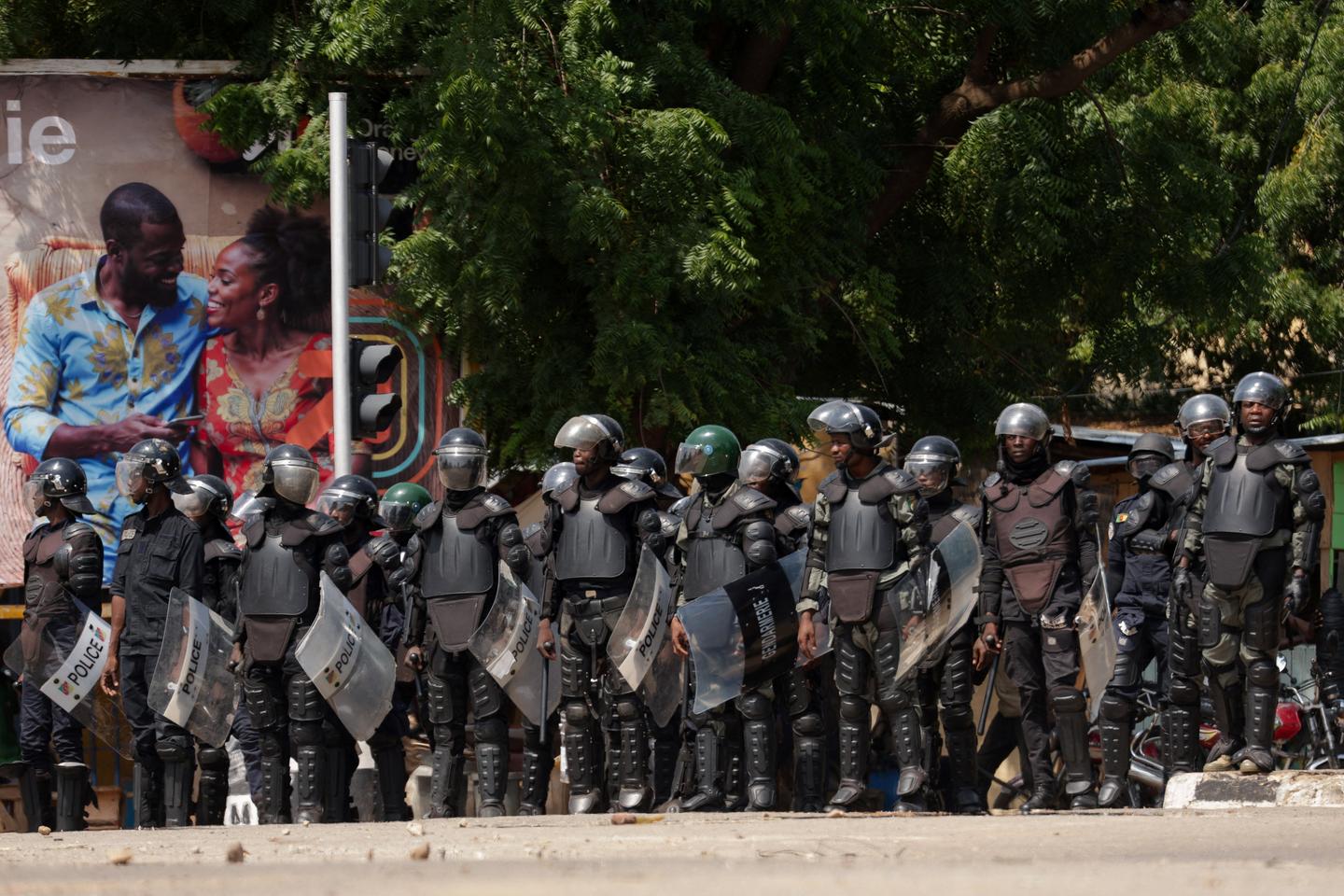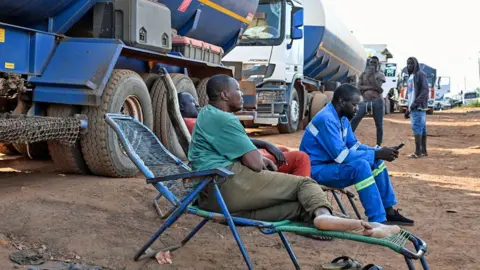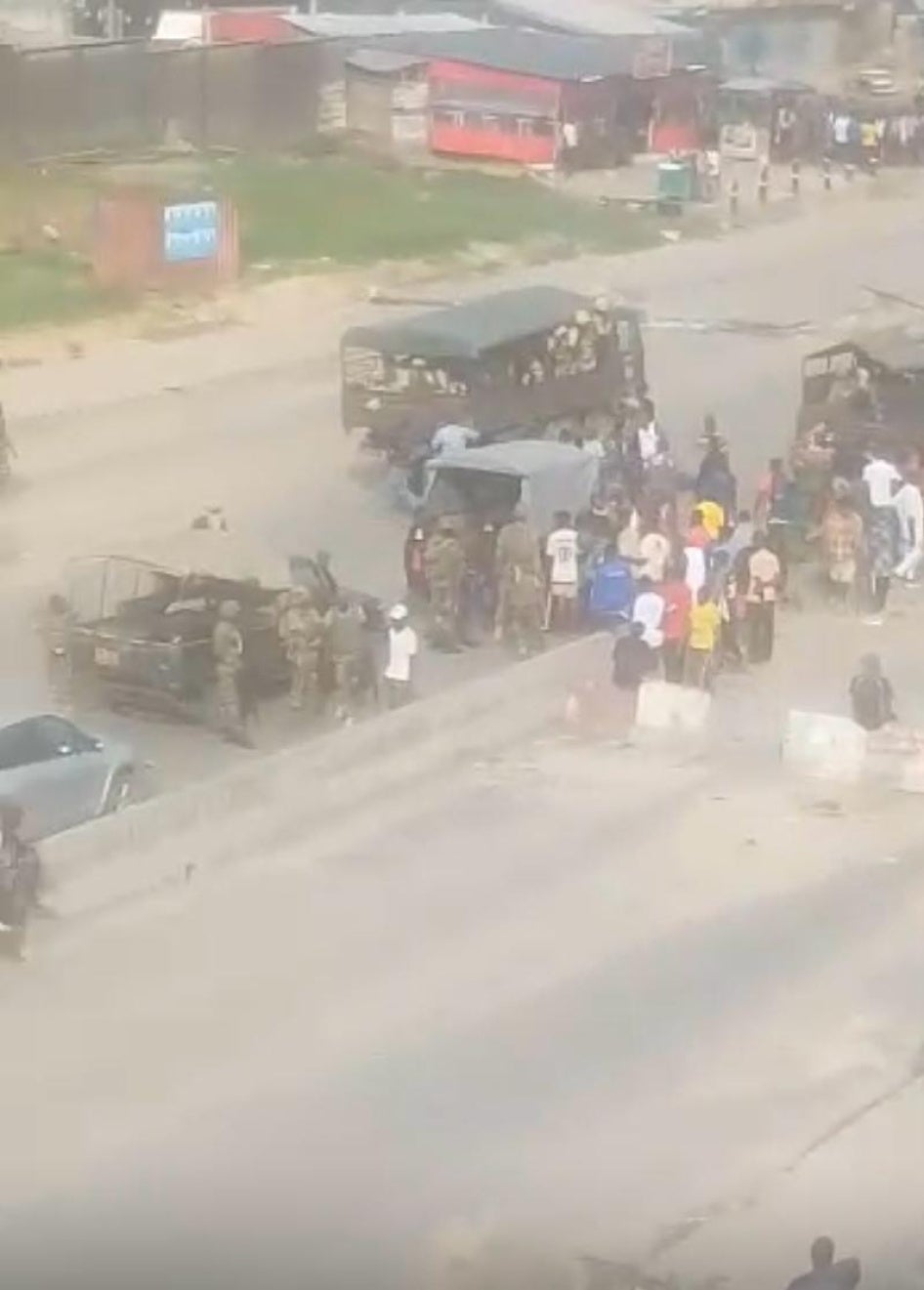
Burkina Faso Navigates Turmoil: New Leaders, Spiritual Roots, and a Revolutionary Echo
Burkina Faso, a nation at the heart of the volatile Sahel region, continues to navigate a tumultuous political landscape marked by rapid leadership changes, persistent security challenges, and a profound yearning for stability. This quest for stability, for many, is deeply rooted in the country’s rich historical and spiritual heritage. The year 2022 proved pivotal, witnessing seismic shifts in governance. In January, Lieutenant Colonel Paul-Henri Damiba, then a prominent military figure, led a coup that abruptly displaced the previous regime. This takeover was widely seen as a direct response to the escalating insurgencies and deteriorating security conditions that plagued not only Burkina Faso but much of the wider Sahel. However, Damiba’s rule was short-lived. His tenure ended swiftly when Captain Ibrahim Traore, a younger and more assertive military leader, orchestrated another coup, once again realigning the nation’s leadership. Traore’s rise to power signals a new, complex chapter, fraught with both uncertainty and a glimmer of hope, as his government now grapples with entrenched jihadist violence, pervasive economic hardships, and an urgent demand for sweeping reforms. For readers keen on understanding the broader context, recent developments in Burkina Faso offer critical insight into the ongoing challenges across the region. This dynamic situation vividly demonstrates the intricate interplay of military power, deep-seated faith, and national identity that profoundly shapes the country’s present and future.
During this period of intense political volatility, the significance of faith leaders in Burkina Faso has grown remarkably. As the nation’s governmental institutions faced disruption and social trust began to wane, religious figures emerged as powerful beacons of calm and continuity. They’ve acted as crucial pillars of stability, offering essential moral guidance and unwavering community support, which have been indispensable at a time when political upheaval could easily unravel the country’s delicate social cohesion. Their vital role extends well beyond mere spiritual consolation; they are actively mediating peace and fostering constructive dialogue, elements absolutely vital to the fragile fabric of Burkina Faso’s society amidst the ongoing coups and persistent unrest. In parallel to these significant developments, Burkina Faso’s transitional government is actively seeking to reconnect with its past to inspire a renewed sense of national unity and resilience. Authorities recently introduced a monthly tribute designed to honor Thomas Sankara, the iconic revolutionary leader who remains deeply revered since his assassination in October 1987. Sankara’s enduring legacy embodies powerful ideals of self-reliance, rigorous anti-corruption, and pan-African solidarity. This monthly Sankara commemoration isn’t just a simple ceremony; it is a deliberate and strategic effort by the transitional government to evoke the potent spirit of Sankara’s vision and to rekindle a fierce sense of national pride and resistance against lingering neocolonial influences. This ritual serves as a poignant reminder of Burkina Faso’s inherent potential for transformative change, firmly grounded in indigenous values and leadership rooted in integrity. You can find more details about how Sankara’s legacy continues to inspire the nation.
Amidst these local complexities and regional dynamics, Burkina Faso’s interactions with international entities are also evolving in unforeseen and significant ways. The new president, Captain Ibrahim Traore, recently engaged with external political bodies, including a notable meeting with representatives of the United States of Biafra (USB) Government. While specific details remain sparse, such high-level engagements clearly indicate a strategic shift as Burkina Faso skillfully navigates its diplomatic relationships within a rapidly shifting geopolitical environment. Traore’s leadership style is already attracting considerable international attention, particularly due to his outspoken and direct messaging. In November 2025, for example, he sent a striking public message directly aimed at former US President Donald Trump, a statement that coincidentally aligned with imminent discussions involving US policy towards Nigeria. This strongly articulated viewpoint powerfully reflects Burkina Faso’s increasingly assertive stance within regional politics and vividly highlights the intricate intersection of local insurgencies, complex ethnic and religious tensions, and significant international interventions across West Africa. The broader Sahel context, naturally, can’t be overlooked. Burkina Faso’s experience is deeply symptomatic of the struggles faced by the entire region, where weak governance, escalating extremist violence, and pervasive economic deprivation create fertile ground for widespread instability. The international community’s response, often criticized for delayed attention or strategic missteps, has been deemed inadequate by many, with calls growing louder for sustained, nuanced engagement that truly respects local realities rather than imposing external solutions frequently perceived as “white saviorism.” The Sahel’s ongoing plight serves as a powerful call to action, spotlighting Burkina Faso as a critical frontline state in the persistent battle for security and development in Africa’s most fragile zones. As Burkina Faso maneuvers through these turbulent times, the eyes of Africa and indeed the world remain fixed on its progress. The coming months will reveal whether this resilient nation can genuinely turn its profound political upheaval into sustainable peace and lasting development, potentially becoming a compelling example for the Sahel and beyond. The prominent role of faith leaders, for example, offers a powerful stabilizing force that could bridge societal divides and support crucial reconciliation initiatives.
















